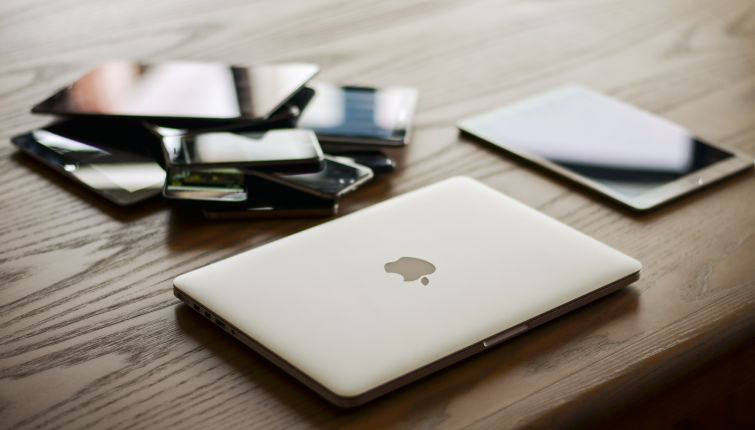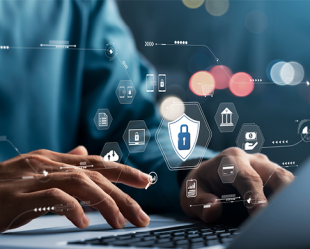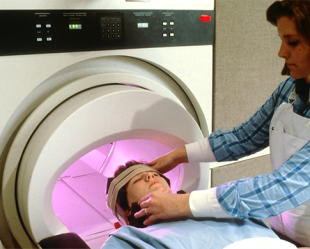A move away from our throw away and replace culture towards a more sustainable model where we renew and return old products back into the world has now become an international movement. Often referred to as the ‘Circular Economy’ it essentially means products and components of products such as washing machines, mobile phones and laptops are now designed to be disassembled and regenerated.
In 2013, the European Commission requested European Standards Organizations to develop standards in the area of Waste electronic and electrical equipment (WEEE). EN 50614: 2020 Requirements for the preparing for re-use of waste electrical and electronic equipment, defines the steps that must be undertaken to make electronic products that have been disposed of by consumers suitable for sale and re-use again.
This standard is important, as it provides a framework for re-use activity that compliments the EN 50625 and EN 50574 standards covering the collection, transport and treatment of WEEE. The standard will ensure the growth of the re-use sector in Ireland and throughout Europe, and with it create sustainable jobs, improve environmental protection, and help to put a stop to illegal shipments of waste electrical products such as fridges and washing machines.
The standards are the result of six years of intensive work by standardisation experts and a wide variety of stakeholders, from national committees engaged in the development of the standards, as well as producers, recyclers, NGOs, academics, independent experts and scientists. Preparation for re-use requires handling of waste electrical and electronic equipment by authorised operators. It involves inspection, cleaning, safety and functionality testing, repair, data wiping, software removal and installation. It covers whole appliances and parts recovery for re-use.
Preparation for re-use helps to create jobs in the refurbishment process and makes good quality equipment available at lower prices. Re-use is also very important for the conservation of many critical raw materials which are currently lost in the recycling process. Preparing for re-use and repair activity are integral to waste prevention which is preferred even to recycling and other recovery scenarios in the waste hierarchy and is an important step in the continued development of a more circular economy in Ireland.
By using the standard, organisations can have a clear understanding of the best techniques required to adhere to the guidelines, and it will allow them to prepare for independent audit and certification of this re-use activity. WEEE Ireland represents over 1100 manufacturers, importers and distributors and is the biggest Scheme for the electrical and battery industry in Ireland.
Compliance and Membership Manager with WEEE Ireland Elizabeth O’Reilly said, “We welcome the introduction of this new standard at an important time for new Irish Waste Policy development, with Ireland transitioning towards a more circular economy and of course focusing on a green recovery from the health pandemic. The Scheme supports mandated standards for environmental management of WEEE and Waste Batteries to ensure Ireland continues to deliver on the quality recycling and recovery programme in place for the last 15 years; now integrating more repair, reuse and other innovative waste prevention activity to sustain a more resource efficient future for all’.
If you want to learn more about the Standard, EN 50614:2020 Requirements for the preparation for re-use of waste electrical and electronic equipment, click here.
If you’d like to consider having a voice at the table by joining NSAI/ETC/TC 22 "Environmental Standardization for Electrical and Electronic Products and Systems", you can register your interest to join the technical committee here and a member of the NSAI Standards team will contact you.
[Disclaimer: All reasonable effort was made to ensure that the information on this page was correct at the time of publication. Any views or opinions expressed on this page are not necessarily those of NSAI. NSAI accepts no responsibility or liability howsoever arising from the contents of this publication or any errors, inaccuracies, or omissions in the contents of the information provided therein.]



